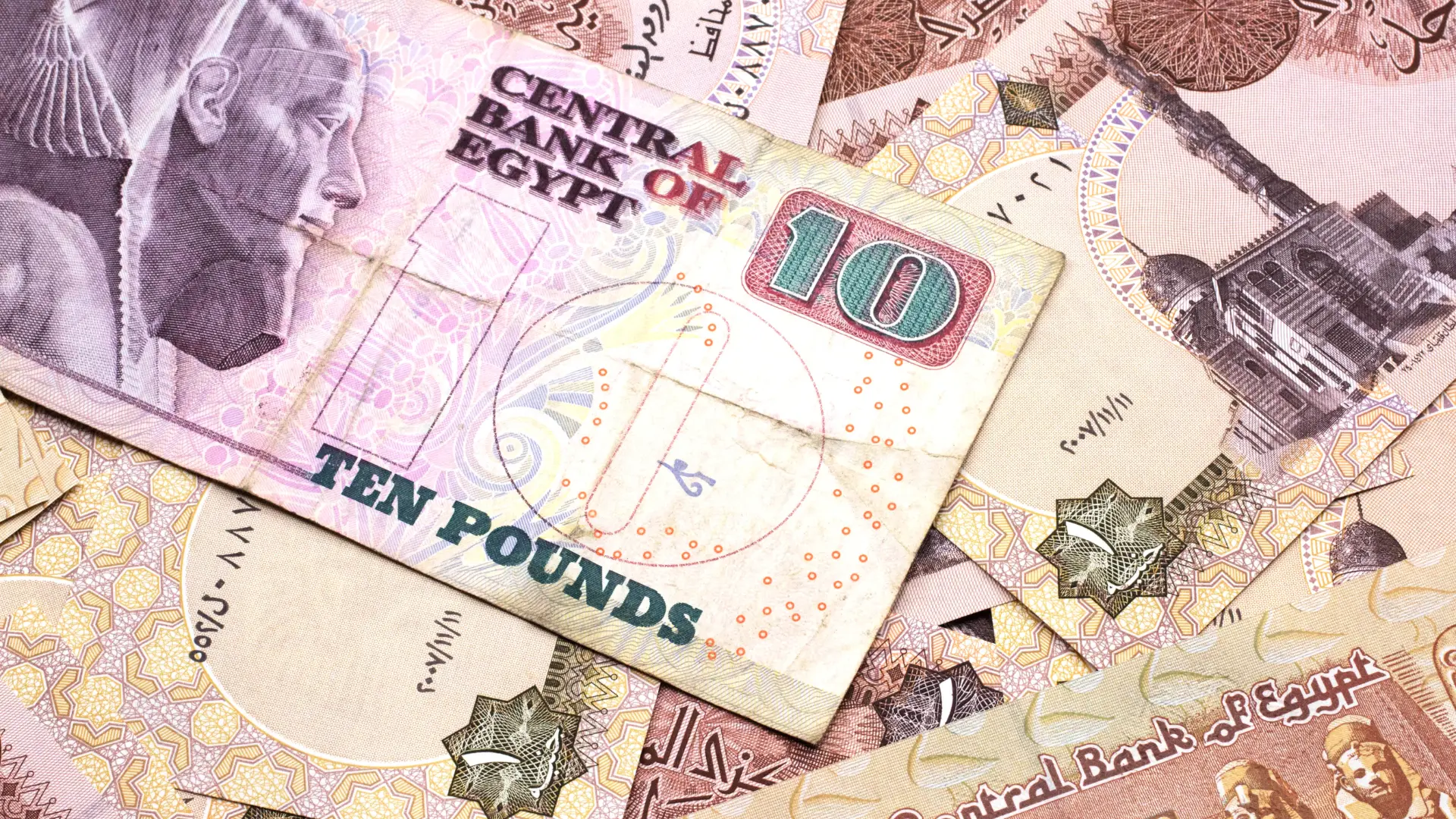Egypt Foreign Debt Drops by $7.4 Billion in Q1 2024 In a significant development for Egypt’s economy, the country’s foreign debt has experienced a notable decrease of $7.4 billion in the first quarter of 2024. This positive shift, according to data from the Central Bank of Egypt, marks a crucial turn in Egypt’s financial landscape. The Impact of UAE Investment One of the key factors contributing to this reduction in foreign debt is the substantial $35 billion investment from the United Arab Emirates. In February 2024, Egypt secured this investment by
Topics
- Artificial Intelligence
- companies
- Construct 360
- E-Commerce industry
- Economy News
- Economy News
- Editor Choice
- Edtech industry
- energy industry
- Entertainment & Leisure
- Entrepreneurs
- Featured
- Fintech
- Funding News
- General News
- Government Policies
- Growth & Strategy
- Health & Wellness
- Healthtech
- industry
- Information & Communication Technology
- Lifestyle
- Management
- Management and Leadership
- Marketing & Branding
- Merger and Acquisition
- Money & Personal Finance
- News
- Oil and Gas
- Real Estate
- Sports and Productivity
- Start-up
- Technology
- Top 10 Listing Article
- Travel
- Women
More
Popular Categories




